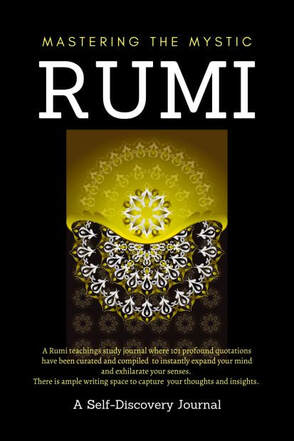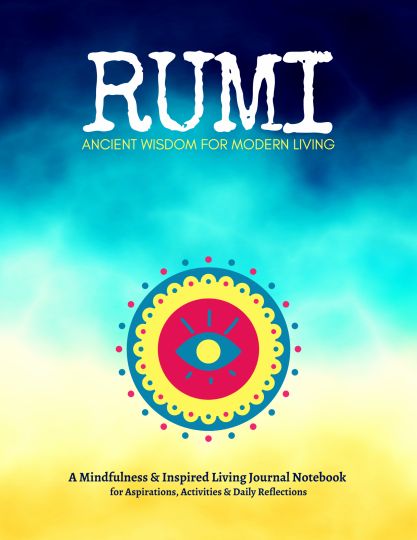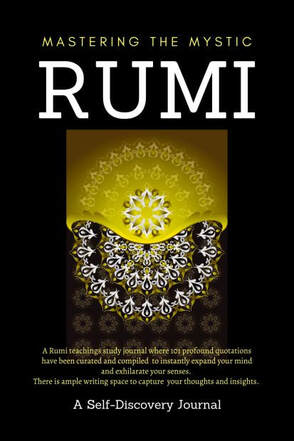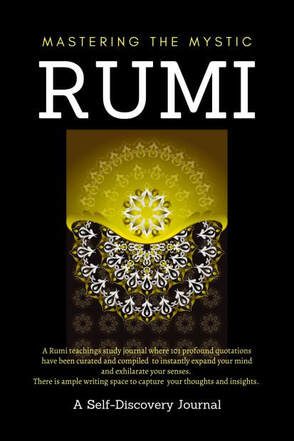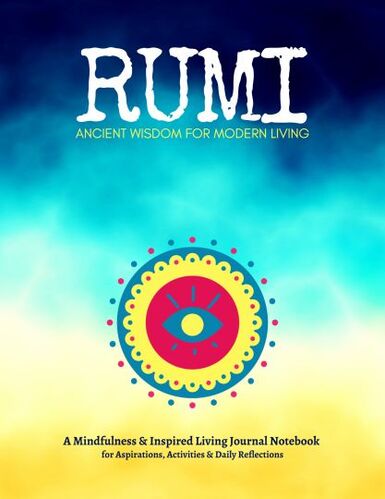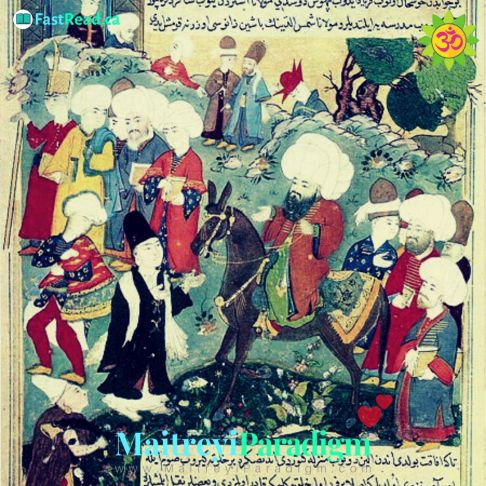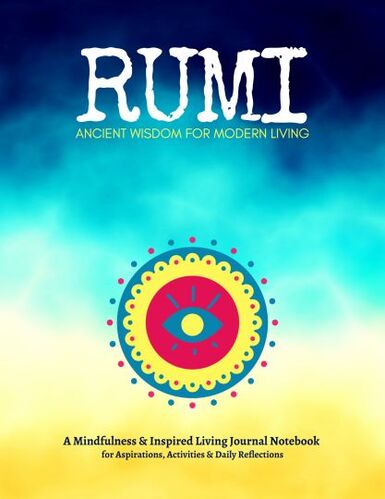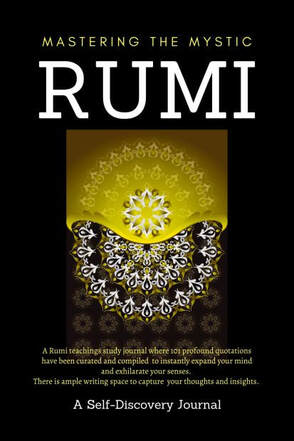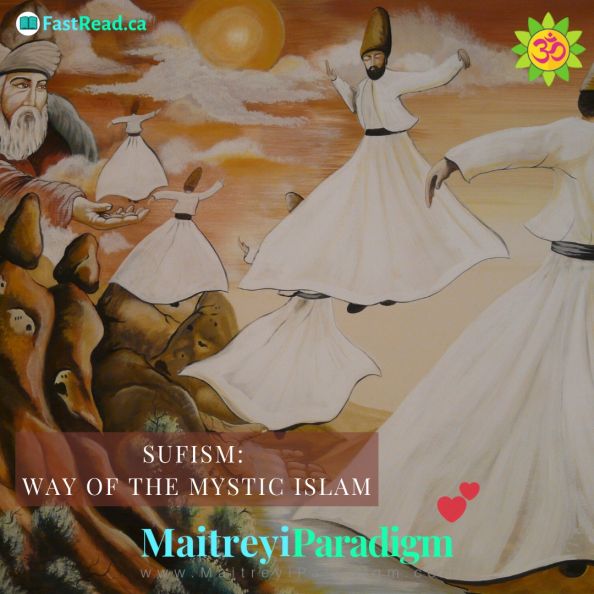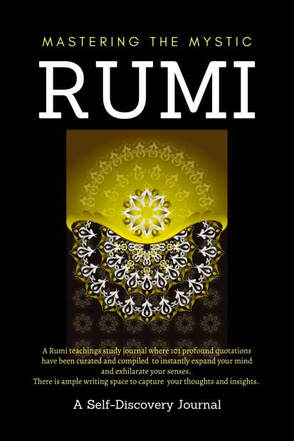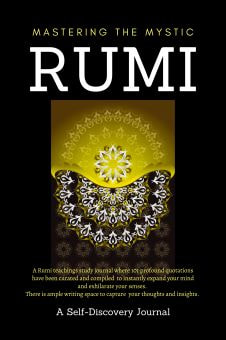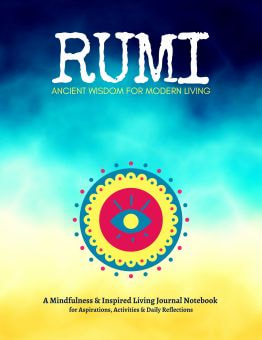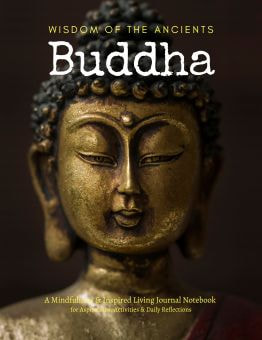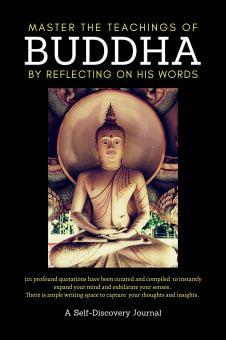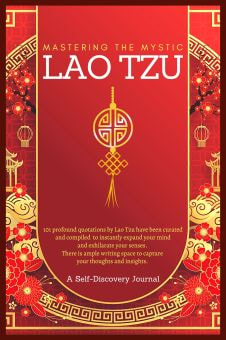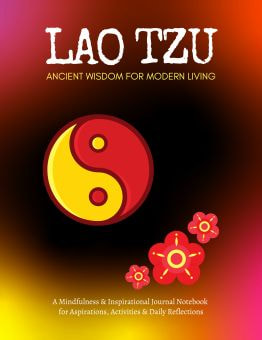If you are curious about Sufism and would like to explore it further, then continue reading…
In the west, when we think of Sufism, we typically think of the Whirling Dervishes. Though there is much more to the Sufi practice than dancing meditatively in a joyful trance!
A Sufi can be described as a mystic who worships Allah. This is a highly regarded avocation. It is said that the Sufi religion has its roots in ancient India and is a manifestation of the ancient wisdom of the prophet Muhammad. There are also various branches of Sufism, including those that teach meditation, healing, and spiritual awakening.
Sufism often involves a more rigorous and spiritual approach to the classical texts. This way is largely suitable for those seeking to study ancient texts and interpret their wisdom thru deep contemplation and long mediation. Because of this, Sufism can seem challenging for people who are not familiar with the Islamic culture and tradition.
Although there are many forms of Sufism, there are some key similarities. This includes the fact that a Sufi has a history that spans centuries. In addition, the practice is a practical pursuit of mysticism. This openness to a variety of practices and beliefs has drawn many people into its fold. What makes Sufism different from other religions? In particular, it is a form of Islam that is disassociated from fundamentalism or fanaticism.
The Arabic word 'Tasawwuf', which means being or becoming a Sufi, is typically translated as Sufism. Western authors often refer to Sufism as Islamic mysticism.
Both proponents and critics of Sufism have used the Arabic term 'Sufi' in Islamic literature. Classical Sufi texts that stressed certain teachings, practices and teachings of the Quran (practices and teachings of the Islamic prophet Muhammad) gave definitions for Tasawwuf which described spiritual and ethical goals and served as tools to help them achieve their spiritual goals.
All Muslims believe that they are on the path to meet with Allah, and that after their death and the last judement, they will be able to meet God in Paradise. However, Sufis believe it is possible to get closer to God and more fully experience the divine presence in this world itself. All Sufis seek to please God by restoring the primordial state called, 'Fitra', within themselves.
Opposition to Sufi teachers and orders from more literalist and legalist strains of Islam has existed in various forms throughout Islamic history.
While Sufi orders were historically important for the expansion of Islam, they are also important today. Sufi orders were among the few indigenous social organizations that were tolerated during colonial rule in sub-Saharan Africa. This allowed them to play a critical role in developing the faith and the expansion of Islam in the region. The enduring influence of Sufism in the modern era cannot be overstated.
continue reading...
| |
Ancient Wisdom and Mystic Islam
Keywords and Tags:
#Sufism #Sufi #mysticislam #Rumi #Saadi #dervish #whirlingdervish #Islamicmysticism #mystics #islamicasceticism #asceticislam #ScrollofWisdom


